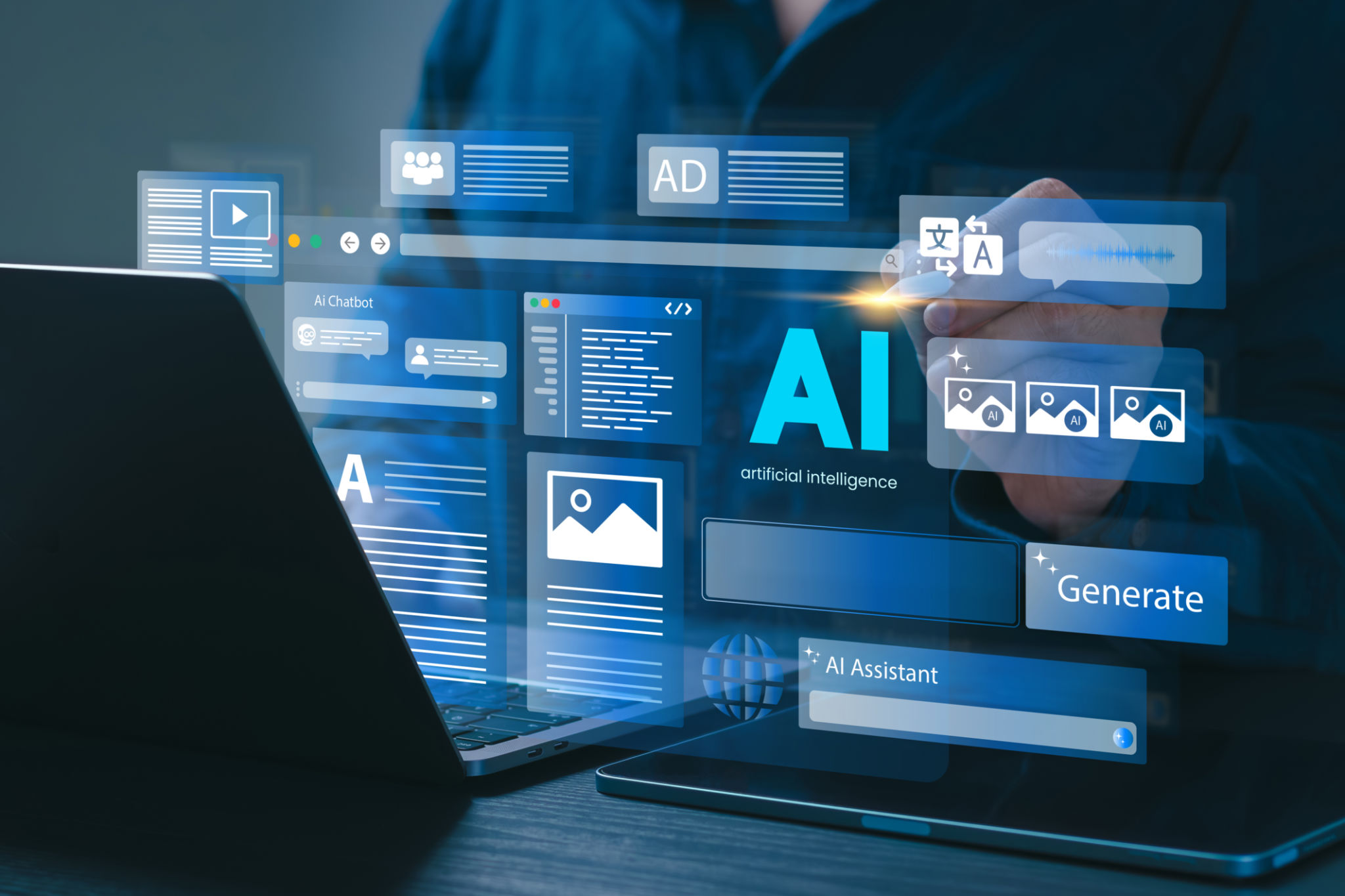Your Ultimate Guide to Implementing AI-Powered Marketing Strategies
Understanding AI-Powered Marketing
Artificial Intelligence (AI) is transforming the marketing landscape, offering new ways to connect with consumers and optimize campaigns. AI-powered marketing utilizes machine learning algorithms and data analytics to make informed decisions, improve customer engagement, and drive business growth. Understanding how these technologies work is crucial for any marketer looking to stay competitive.

Benefits of AI in Marketing
The benefits of incorporating AI into your marketing strategy are substantial. Firstly, AI can help personalize the customer experience by analyzing consumer data to tailor content and recommendations. This leads to higher engagement and conversion rates. Additionally, AI tools can automate repetitive tasks, freeing up time for marketers to focus on strategic planning. Lastly, predictive analytics powered by AI can forecast trends and consumer behavior, allowing businesses to stay ahead of the curve.
Starting Your AI Journey
Implementing AI in your marketing strategy requires a strategic approach. Begin by identifying the areas in your marketing processes that could benefit most from automation or enhanced analytics. Consider using AI tools for tasks such as content creation, email marketing, or social media management. Once you have a clear understanding of your objectives, select the appropriate AI tools that align with your goals.

Choosing the Right AI Tools
The market is flooded with AI tools, each offering unique features and capabilities. When selecting tools, consider factors such as ease of use, integration with existing systems, and scalability. Some popular AI marketing tools include chatbots for customer service, CRM platforms with AI analytics, and content generation software. It's essential to conduct thorough research and possibly trial multiple tools to find the best fit for your needs.
Integrating AI into Existing Systems
Successful integration of AI requires seamless compatibility with your current systems. This might involve working closely with IT departments or external consultants to ensure smooth implementation. Training your team is also paramount; they need to understand how to leverage AI tools effectively. Regular workshops and training sessions can facilitate a smoother transition and foster a culture of innovation within your organization.

Measuring Success
Once AI is integrated into your marketing strategy, it’s crucial to measure its effectiveness. Establish clear KPIs that align with your business objectives, such as increased sales, improved customer engagement, or enhanced operational efficiency. Use analytics to track performance and make data-driven adjustments as necessary. Continuous monitoring will ensure that your AI strategies remain aligned with evolving market trends and business goals.
Overcoming Challenges
While the benefits of AI are significant, the journey is not without challenges. Common hurdles include data privacy concerns, the need for significant upfront investment, and potential resistance from staff unfamiliar with new technologies. Address these issues by ensuring compliance with data protection regulations, making a compelling business case for investment, and fostering a culture of continuous learning within your team.

The Future of AI in Marketing
The future of AI in marketing is bright and full of potential. As technology continues to evolve, we can expect even more sophisticated tools that offer deeper insights and more precise targeting capabilities. Staying informed about the latest developments in AI will be crucial for marketers looking to innovate and remain competitive. Embracing AI now will set a strong foundation for future success.
